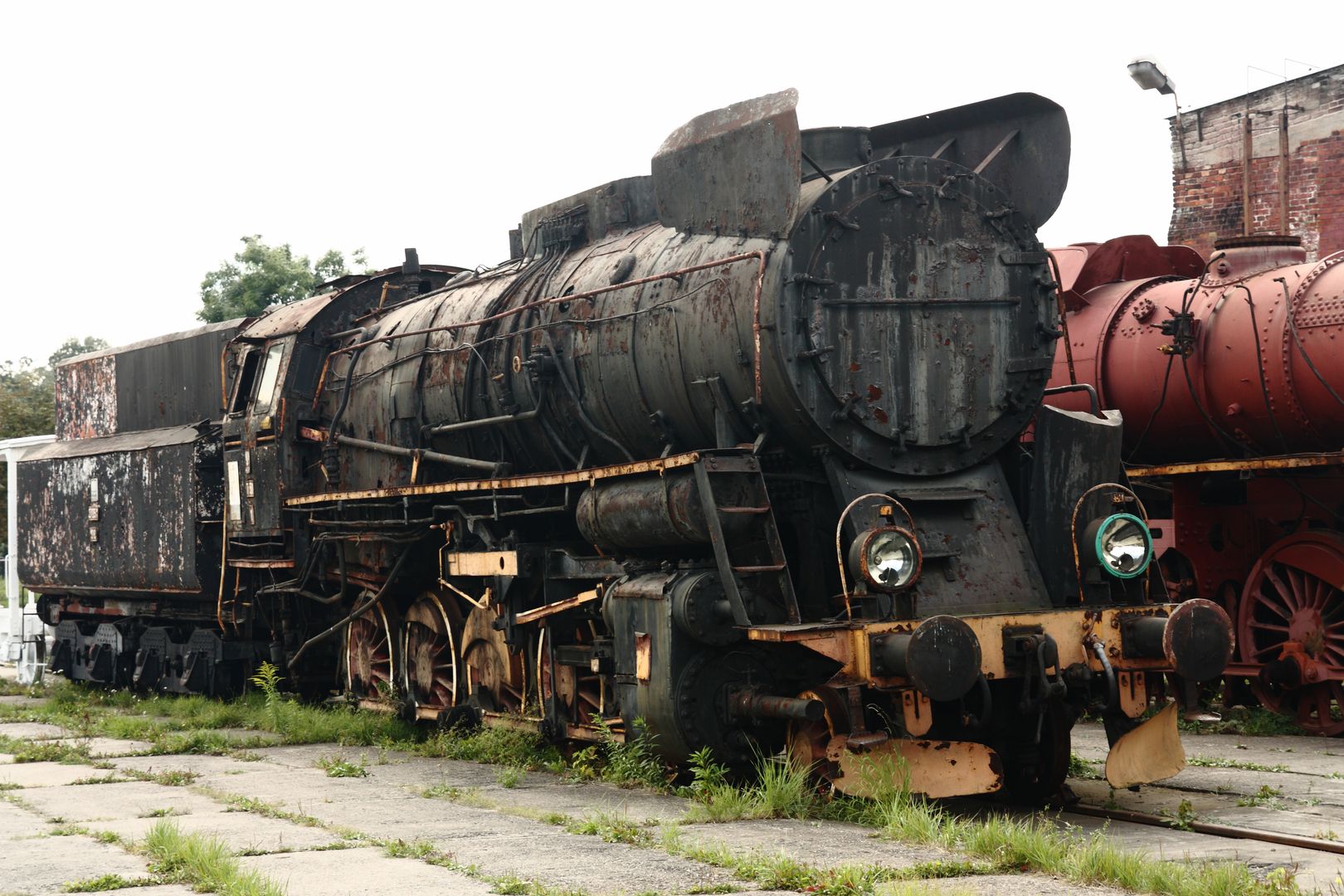Skierniewice
7.41

Overview
Skierniewice is a city in the Łódź Voivodeship, situated on the Łowicz-Błońska Plain, which was once the capital of the former Skierniewice Voivodeship. The first mention of Skierniewice dates back to 1359, when the town belonged to the Archdiocese of Gniezno. Skierniewice received its town rights in 1457, granted by Archbishop Jan Odrowąż. The city played an important cultural and economic role, with the primates serving as its main patrons, promoting education and constructing significant buildings, such as the Archbishop's Palace, which today is an example of classicist architecture. In the 18th century, the city flourished thanks to its cloth manufactories. In the 19th century, a railway station was built here, contributing to further economic development. Skierniewice was also the site of the meeting of three emperors during the congress of 1884. In the 20th century, the city was affected by wars, particularly World War II, when the German authorities established a ghetto for the local Jewish population, which was liquidated in 1941. Today, Skierniewice is a cultural center hosting music festivals such as the Rock May Festival and the Skierniewice Flower, Fruit, and Vegetable Festival. The city boasts numerous historic landmarks, including the town hall, a palace and park complex, and several churches from the 18th and 19th centuries. A notable modern attraction is the brine graduation tower, opened in 2023. Skierniewice is also becoming a regional commercial hub, with well-developed infrastructure, including urban transport with a modern bus fleet and rail connections to Warsaw and Łódź. The city's architectural heritage, linked to the archbishops and industrial development, combined with its historical events, creates the unique character of Skierniewice as a place with a rich tradition and a dynamic present.
Location
You can also find here:
2026 Wizytor | All Rights Reserved

